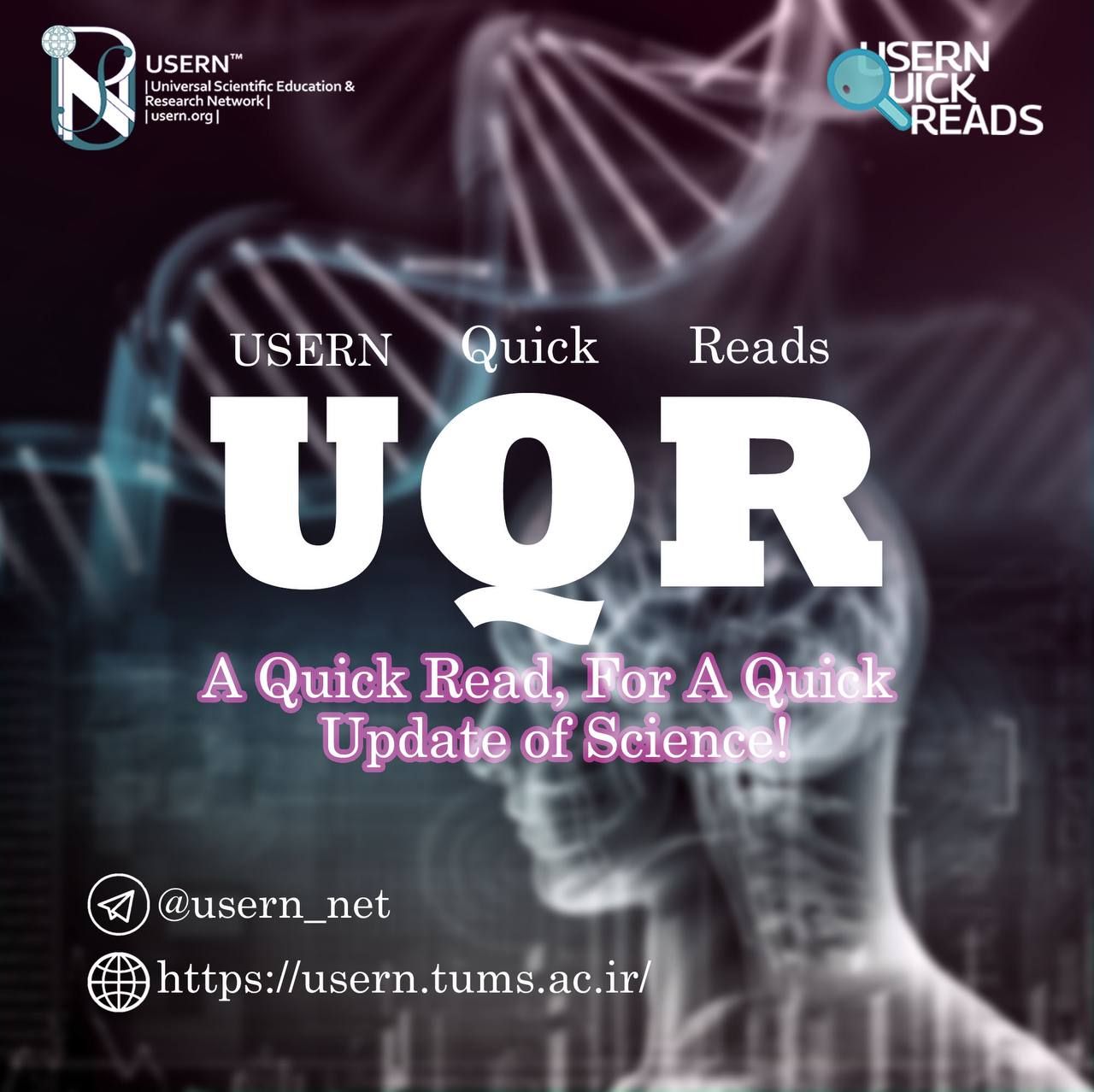Quick Reads
Why should we not leave the GBM patients alone in deciding their care type?

The medical care is not enough for the patients with Glioblastoma multiform tumors that invade the brain.#2021#6
Why should we not leave the GBM patients alone in deciding their care type?
Everyone knows that when we are in a bad situation, we potentially make faulty
decisions. However, when we talk about decision-making during disease, we talk about life and death as challenging situations.
Glioblastoma multiform (GBM) is often referred to as a grade IV astrocytoma (Star-shaped
Glial cells in the brain), is a fast-growing brain tumor that influences the whole
life of the patient.
GBM patients and their family members experience a terrible situation, as some studies showed the average survival for GBM patients with WHO grade IV tumors do not exceed 12–14 months. Nevertheless, this is not the only thing that affects health-related quality of life (HRQoL) in these patients. (1)
The reported prevalence rates of changes in personality and/or behavior varied from
8%–67% in glioma patients. It was 100% in a case series with bilateral gliomas. (2)
However, the interesting thing that we should notice is that GBM patients'
personality during disease can change when they are under treatment. This
change can influence the potential of a patient's decision-making for choosing the
appropriate treatment.
These patients also experience; loss of relational closeness and social inactivity, feel as if they are no longer the same person as before, and are bothered by changes in their personality. Furthermore, partners notice that family members and friends are less willing to be involved in sharing care responsibilities when patients develop behavioral problems(2)
Symptoms associated with behavioral and personality changes in brain tumor patients cover a broad spectrum, including apathy, loss of initiative, indifference, decreased empathy, loss of emotional control, disinhibition, and socially unadjusted. (2,3)
Personality changes can indicate apathy and anxiety, leading to withdrawal from social situations, feelings of sadness and grief, and even uncertainty concerning the future.
These changes are because of factors like tumor volume, tumor grade, and mass pressure, especially in the brain's frontal and temporal lobes. (3,4)
All these present neurobehavioral symptoms may alter the patient's ability to engage with clinical decision-making and eventually may affect survival. These symptoms can negatively harm patients' direct social environment, family members, and close friends.
Also, we should notice that changes in personality, mood issues, hallucinations, and psychosis are tricky to recognize, treat, or are understudied in the scientific literature. (3)
This loss of ability to make the right decision and loneliness will increase the patient's inappropriate decision on how to be treated, and this is the reason why they need us to be better caregivers and pay more attention to them during the battle against the cancer.
By: Kiarash Kavari AND Aref GhanaatPishe
Members of the BCRC interest group.
References:
1. Lombardi G, Bergo E, Bianco P Del, Bellu L, Pambuku A, Caccese M, et al. Quality of Life Perception , Cognitive Function , and Psychological Status in a Real-world Population of Glioblastoma Patients Treated With Radiotherapy and Temozolomide. 2018;00(00):1–9.
2. Zwinkels H, Dirven L, Vissers T, Habets EJJ, Vos MJ, Reijneveld JC, et al. Neuro-Oncology Practice Practice. 2016;3(June 2015):222–31.
3. Rooney AG, Grant R, Klein M. Psychiatric symptoms in glioma patients : from diagnosis to management. 2015;1413–20.
4. Gempt J, Bette S, Albertshauser J, Cammardella JH, Gradtke C, Wiestler B, et al. Personality Traits in Patients with Neuroepithelial Tumors – A Prospective Study. Sci Rep [Internet]. 2018;(October):1–8. Available from: http://dx.doi.org/10.1038/s41598-018-34980-w
